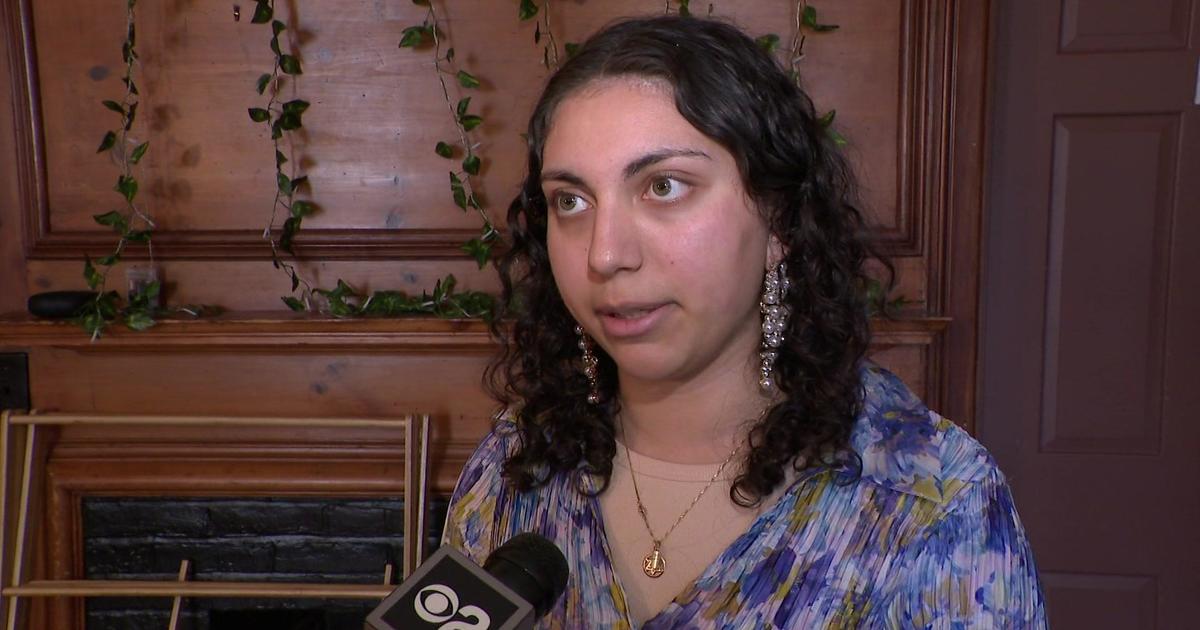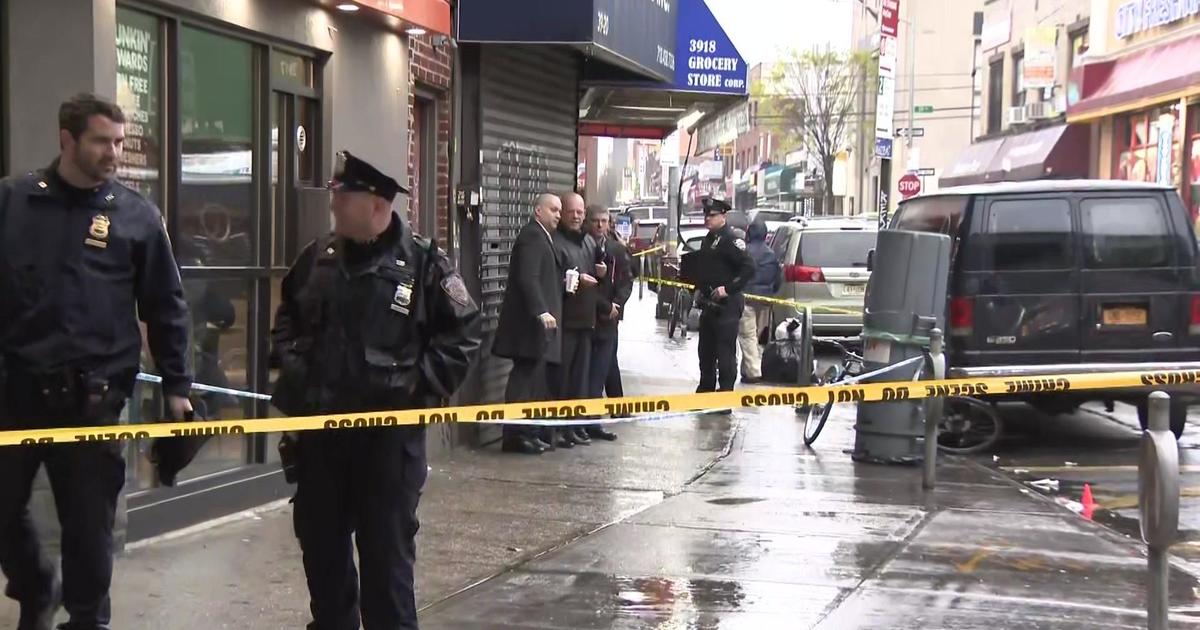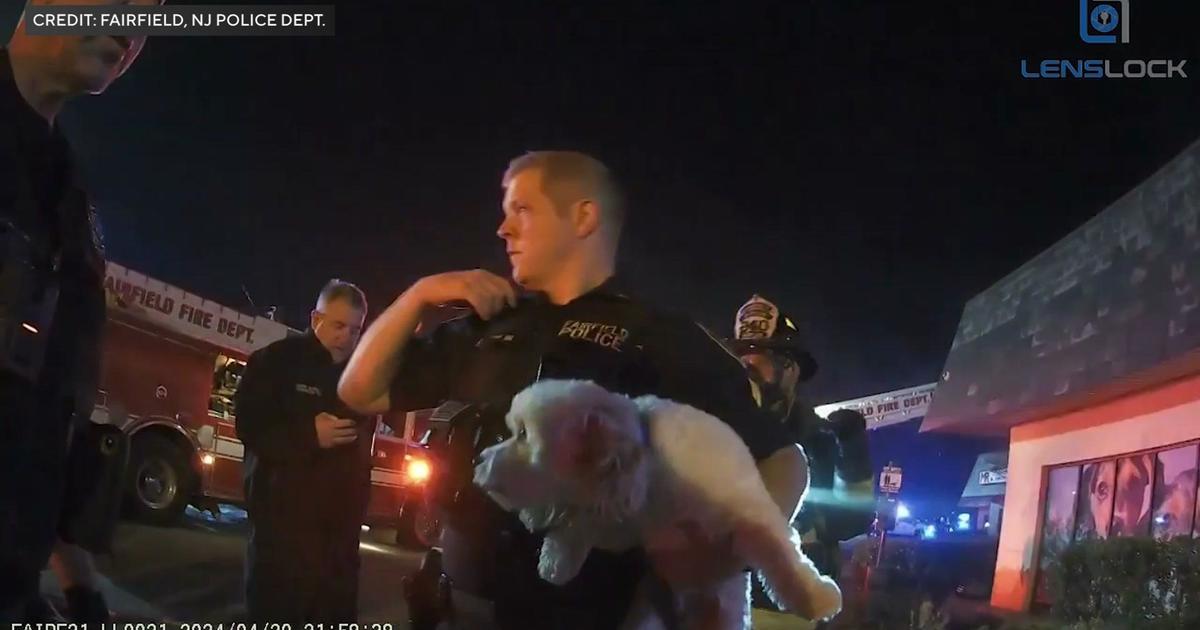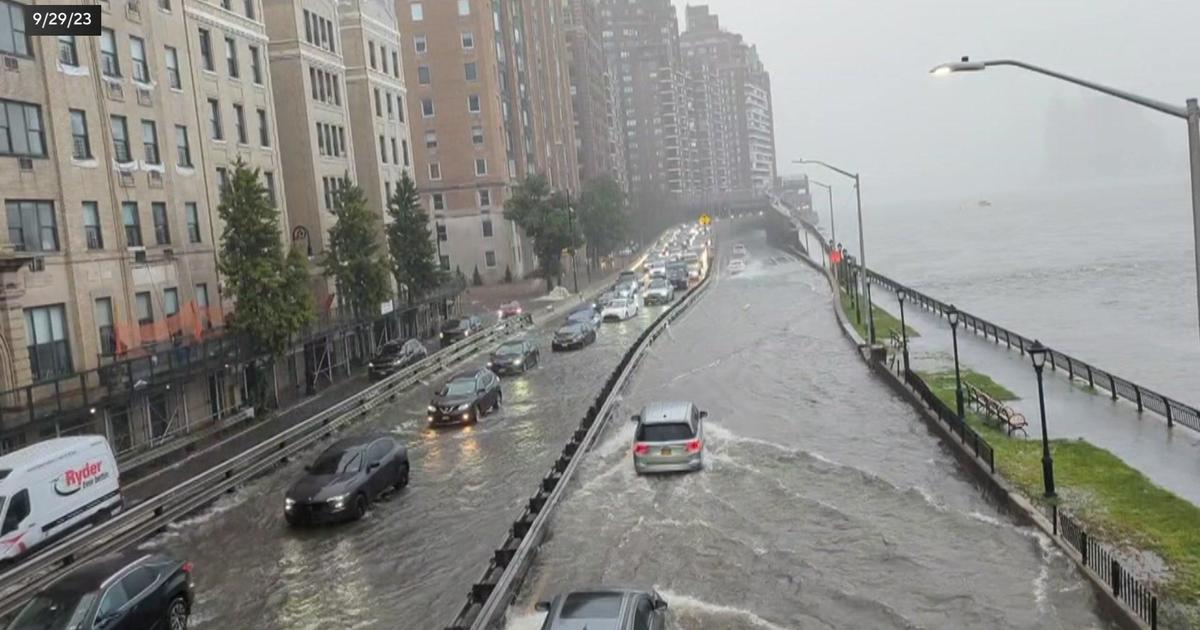Expert On Hoboken Crash: 'Why Didn't He Have Control Of The Train?'
HOBOKEN, N.J. (CBSNewYork) -- At least one person is dead and dozens were hurt when a NJ TRANSIT train crashed into the station in Hoboken, causing serious damage and disrupting train service during the Thursday morning rush.
NJ TRANSIT Train Crash: Photos | Videos | Transit Changes
CBS2's Chris Wragge and Mary Calvi interview railroad engineering expert Gus Ubaldi for a closer look on what could have caused the crash, and what could have been done to prevent it.
Wragge: What do you believe could have happened here?
"The train didn't stop. The train engineer is the man in charge of controlling the train. So the question comes down to...why didn't he? Did he have a medical episode, somehow he became incapacitated. Recall the derailment in 2013 up in Spuyten Duyvel, where the rail engineer was zoned out, or the Philadelphia accident of 2015, where the engineer was busy talking on the radio because another train was being hit by stones and he forgot where he was and speeded up. That's what the NTSB...that's what they'll start looking at."
Wragge: So we really can't speculate as to what happened here or whether it's with the conductor or with the train itself...
"That's the first line of defense, the guy whose in charge of the train. Why didn't he do it? And until you know that, it becomes a little harder to say what could have been done to prevent that."
Calvi: Can we talk about mechanically what could have gone wrong here?
"You cut the line on your car, the fluid runs out the brakes don't work. Well the fluid for trains is air, and if you cut the line and the fluid runs out, it sets the brake."
Wragge: What is the next course of action?
"They're going to recover the black box, they'll take that off-site and they'll download the stuff, and then they'll start with where the train stopped and work their way back."
"For all we know, the train could have derailed as it was coming into the station. So if the wheels are no longer on the rails, if you apply the brakes, it's not going to stop the train because the train is out of control."
Calvi: We've been talking about safety systems that need to be put in place to prevent accidents like this from happening. In this case, would something like this have been able to prevent this accident?
"There are signal systems out there that you can issue commands to the train, say 'as you approach this location you cant be going more than 25 mph or 15 mph, and if the engineer does not acknowledge and take action in a particular amout of time, the train will do it for him."
Click on the video above for the full interview.



